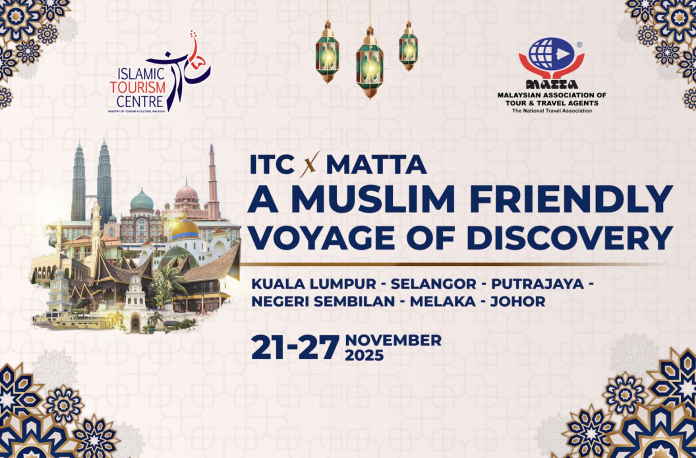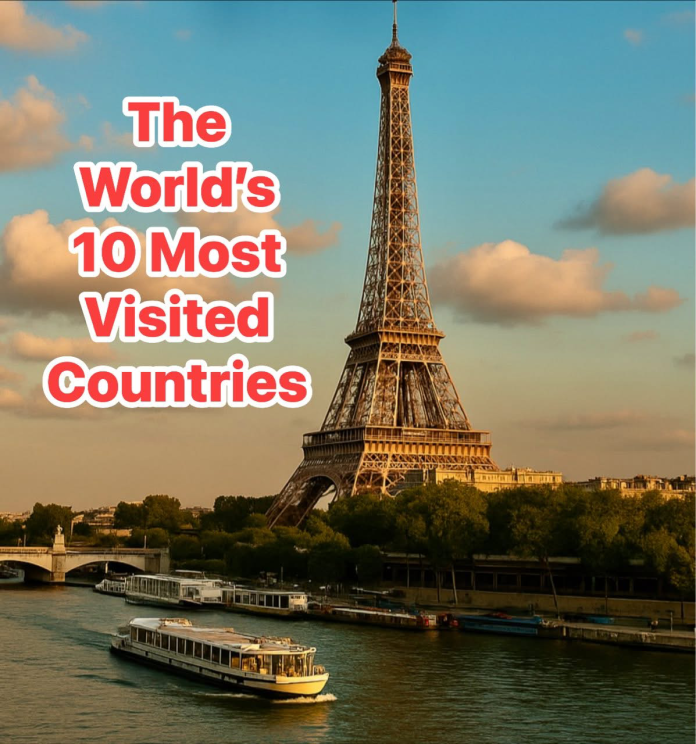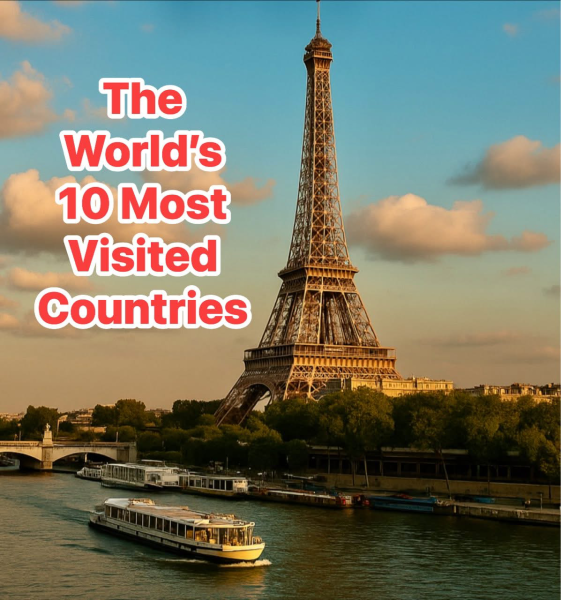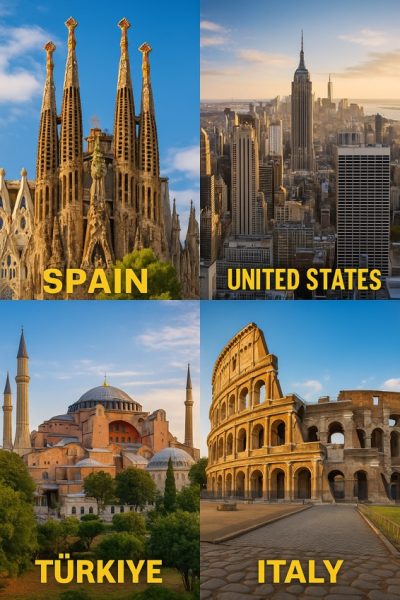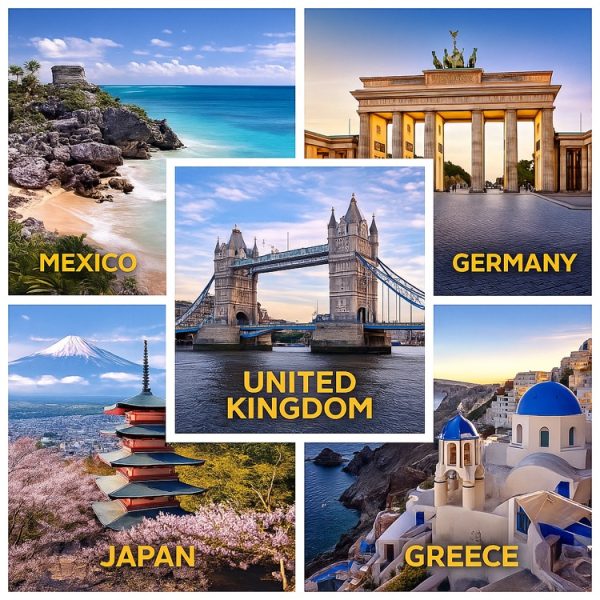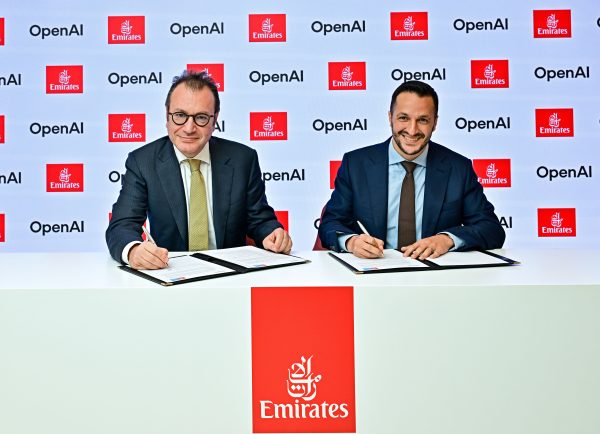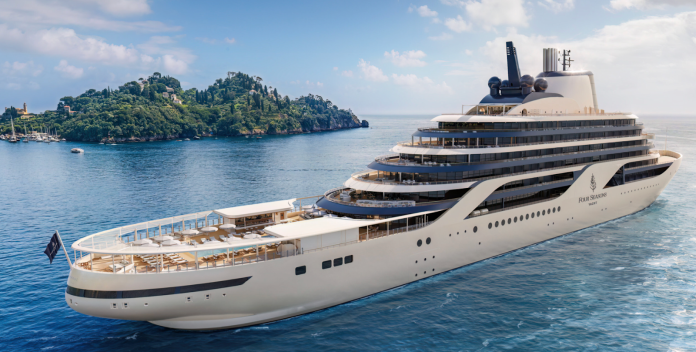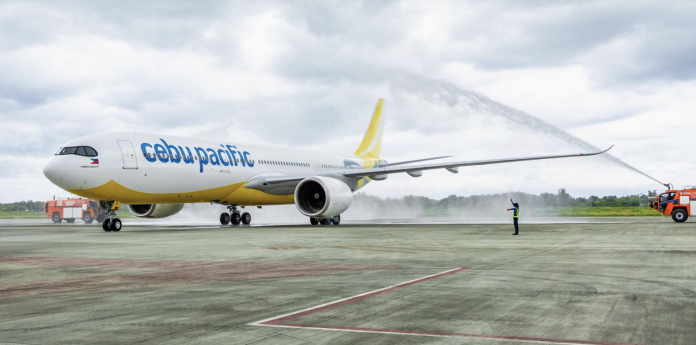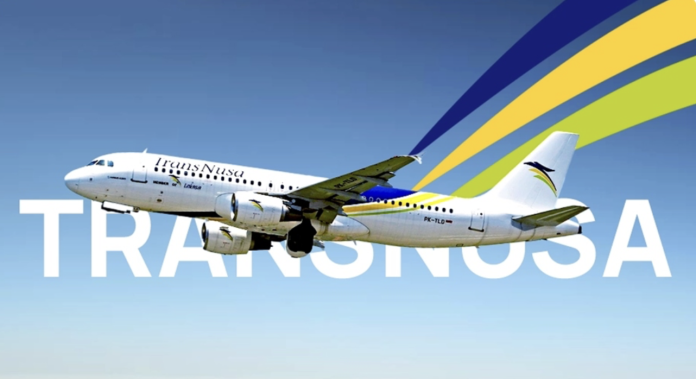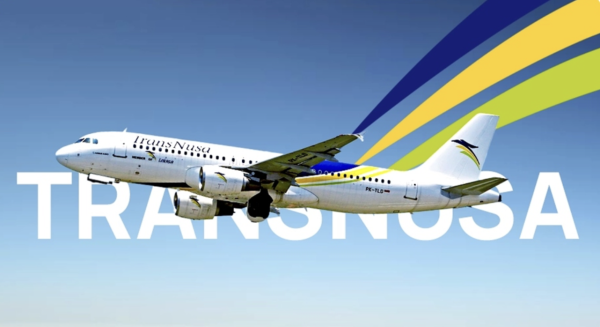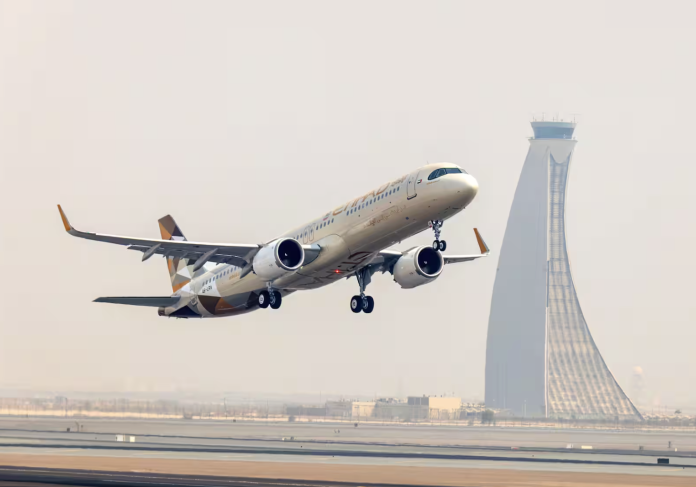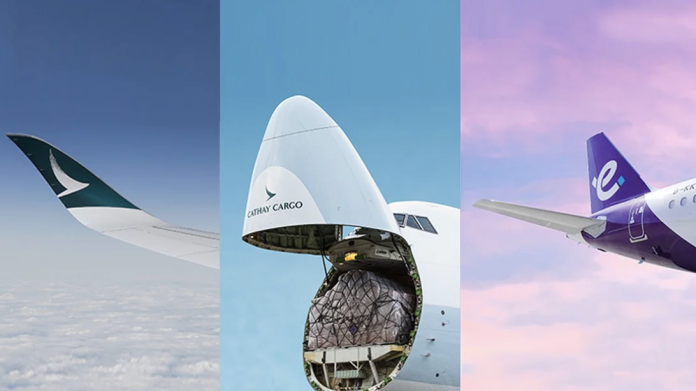JOHOR BAHRU, 28 November 2025: The Islamic Tourism Centre (ITC), in collaboration with the Malaysian Association of Tour and Travel Agents (MATTA), successfully concluded a week-long European Representative Familiarisation (FAM) Trip, tagged “A Muslim Friendly Voyage of Discovery”.
Designed to heighten Malaysia’s position as a preferred destination for the European Muslim travel market ahead of Visit Malaysia 2026 (VM2026), the event was held from 21 to 27 November 2025.

It brought together 10 representatives from Bosnia, France, Spain, Türkiye, and the UK, comprising muftis, influencers, and travel agents. Over seven days, the delegates embarked on a journey across Kuala Lumpur, Selangor, Putrajaya, Negeri Sembilan, Melaka, and Johor, visiting cultural, historical, natural, and religious sites that showcased Malaysia’s unique identity as a welcoming and inclusive destination for Muslim travellers.
“Muslim-friendly tourism has long been an aspiration for MATTA, and this Fam Trip represents an important step forward in realising that vision. For many years, we have seen the potential of this segment, not only for Malaysia as a welcoming and culturally diverse destination, but also for our members to serve a growing global Muslim travel market,” said MATTA President Nigel Wong.
This initiative forms part of Malaysia’s broader strategic effort to strengthen its presence in the European market, which represents the most significant global tourism expenditure at EUR979 billion in 2023 and is also home to a resident Muslim population of approximately 46 million.
Participants were hosted at several Muslim-Friendly Tourism and Hospitality Assurance and Recognition (MFAR)-certified hotels, including Mardhiyyah Hotel & Suites (Selangor), Royale Chulan Seremban (Negeri Sembilan), and Lotus Desaru Beach Resort & Spa (Johor), allowing them to experience first-hand Malaysia’s certified Muslim-friendly accommodation and services.
Networking sessions and official dinners hosted by Tourism Selangor, Majlis Perbandaran Seremban, Tourism Melaka, and Tourism Johor provided valuable platforms for industry engagement, further enhancing Malaysia’s visibility and appeal within Europe’s growing Muslim travel segment.
“With VM2026 approaching, this is our chance to personally introduce participants to something truly special: our colourful culture and incredible heritage derived from our diverse population, delivered through the high-quality, seamless experience of our Muslim-Friendly Tourism and Hospitality (MFTH) ecosystem,” said Islamic Tourism Centre Acting Director General Nur Alyssa Coraline Yussin.
The itinerary featured notable highlights such as the Petronas Twin Towers, Kompleks Kraf, Badan Warisan Malaysia, Melaka’s historical quarter, Masjid Tuanku Mizan Zainal Abidin, Masjid Kampung Hulu, Nasyrul Quran Complex, and Masjid Sri Sendayan. Delegates also explored local culture, SMEs, and creative industries, strengthening their understanding of Malaysia’s diverse tourism offerings.
“By bringing representatives from Europe to experience Malaysia first-hand, we are opening doors to new opportunities. They witness for themselves the richness of our culture, the warmth of our people, and the strength of our Muslim-friendly ecosystem, from certified accommodation to guided experiences that reflect Malaysia’s identity. This journey is more than a FAM Trip; it is an introduction to what Malaysia truly offers as an inclusive and faith-considerate destination,” Wong added.
On that note, he added, “Most importantly, this initiative is designed for the benefit of our members. We want to ensure that MATTA members are well-positioned to tap into the European Muslim market, build meaningful connections, and showcase their expertise and offerings with confidence.”
Malaysia’s strong Muslim-friendly tourism infrastructure positions the nation as an attractive destination for European Muslims, especially as such facilities and services may not be widely available across Europe. Beyond leisure travel, opportunities also continue to grow in education, Malaysia My Second Home (MM2H), and medical tourism, supported by visa-free access for European nationals.
“Our relationship with MATTA has always been rock-solid, and this FAM Trip truly takes our public-private partnership to a new level. We know European travellers are a desired market for destinations around the world, including Malaysia. By focusing on its Muslim niche market, we’re tapping into a global market worth a staggering USD 235 billion by 2030, an enormous opportunity for local businesses,” Alyssa added.
(Source: MATTA)


